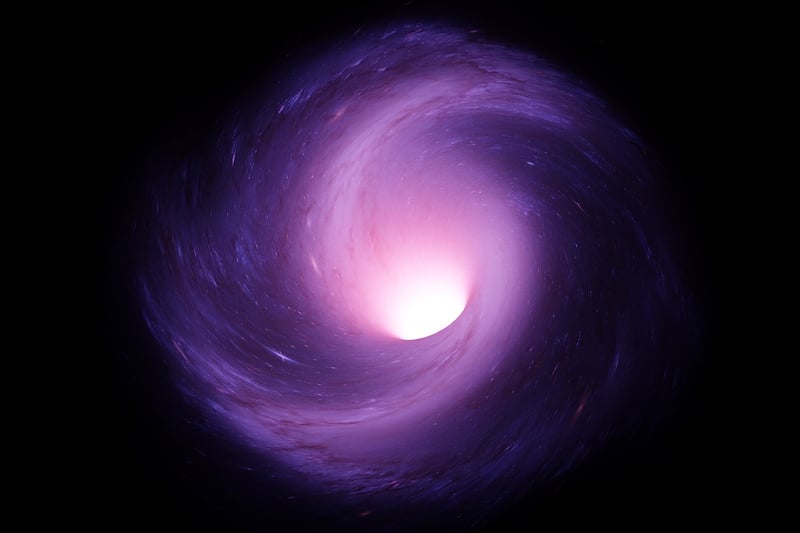Temporal Vehicles
Mechanisms for Travel Through Time and Space
Time travel has been a popular topic in science fiction for decades, captivating audiences with the idea of exploring different eras and altering the course of history. While time travel remains a theoretical concept, various mechanisms have been proposed in fiction and scientific speculation. Let's delve into some of the most intriguing ways to traverse through time and space:
Wormholes
One of the most common theories in science fiction is the use of wormholes as a means of time travel. Wormholes are hypothetical passages through space-time that could create shortcuts for long journeys across the universe or even different points in time.

Time Machines
The concept of a time machine, popularized by H.G. Wells' novel "The Time Machine," involves a device that can transport an individual backward or forward in time. While no physical time machine has been invented, the idea continues to inspire scientific exploration.

Temporal Warps
Temporal warps, or distortions in the fabric of space-time, are another theoretical method for time travel. By bending space-time, it may be possible to create pathways that connect different points in time, allowing for travel between them.

Parallel Universes
The concept of parallel universes suggests that multiple realities exist simultaneously, each with its own timeline. Traveling between these universes could provide a way to explore different points in time or alter the course of history.

Conclusion
While time travel remains a fascinating concept that sparks the imagination, its realization is currently beyond our technological capabilities. However, through the exploration of theoretical physics and continued scientific advancement, who knows what the future may hold for our understanding of time and space.
Explore more on time travel and temporal vehicles through reputable sources such as Space.com and Scientific American.
